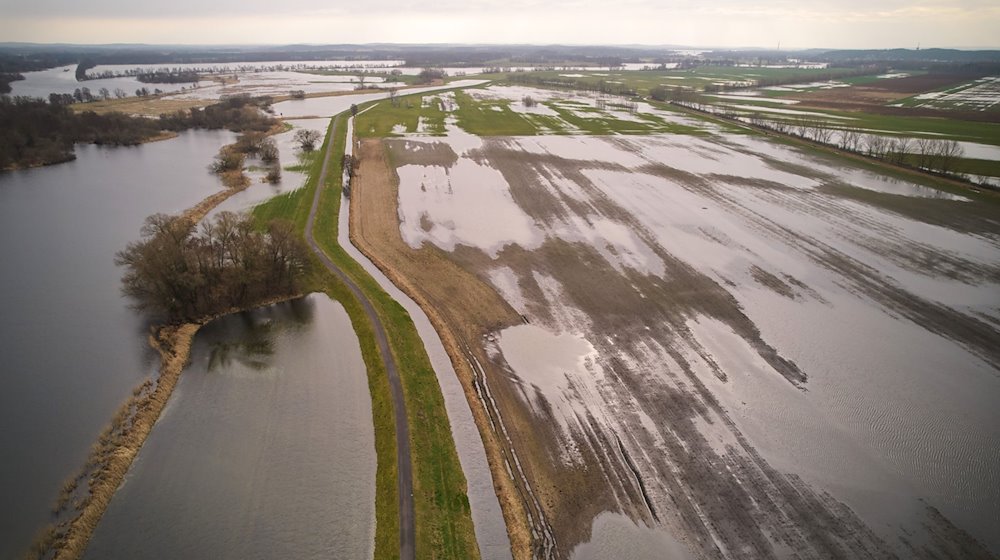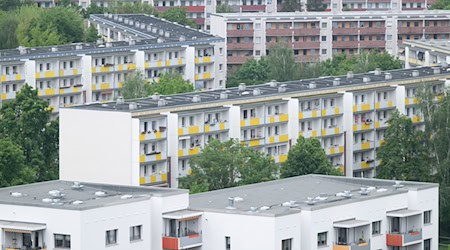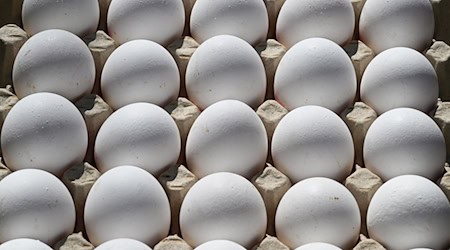Permanent rain and large amounts of water are causing problems for some farmers in Brandenburg. Especially in the lowlands, "nothing is working at the moment", said farmer Peter de Vries from Werder (Havel). Work such as rolling and harrowing the fields is not possible and some of the fields are no longer passable. He is expecting a total loss of his harvest.
At the beginning of March at the latest, he has to get the seeds for his winter wheat into the ground, said de Vries. He can forget about that now. He is now hoping to switch to maize - but he is not allowed to do so because, according to agricultural subsidies, maize cannot be planted on an area that was already planted with maize last year, the farmer explained. The same crop is not allowed two years in a row.
The problem affects many farmers in Brandenburg, emphasized de Vries. The clay soils in particular are so saturated that they can no longer be driven on. In a "normal winter", around 200 liters of precipitation per square meter fall between October and March, this year it was already 460 liters in some places by mid-February.
The farmers' association is aware of the problem, but sees regional differences. "We haven't quite reached the tipping point yet," Henrik Wendorff, President of the Brandenburg Farmers' Association, told the Märkische Allgemeine newspaper. The winter cereals sown last year - wheat, barley and rye - as well as rapeseed are certainly sprouting due to the mild temperatures. However, if it stays this wet, farmers will have to come up with a plan B.
Copyright 2024, dpa (www.dpa.de). All rights reserved










